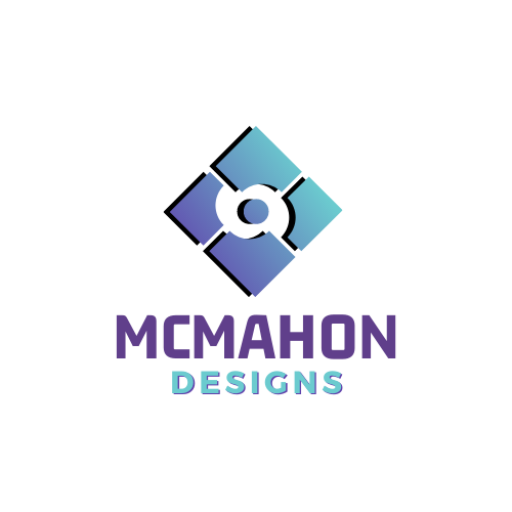Greetings, fellow pixel wranglers and color connoisseurs! Today, we’re diving headfirst into the dazzling world of color theory from a web designer’s perspective. But wait, put on your party hat because this isn’t your grandma’s color theory class – we’re going to make it fun, fabulous, and full of laughter!
Color Theory: Because Bland Websites Are So Last Decade
Color theory isn’t just for artists; it’s for web designers who want to paint the internet with a palette that would make Van Gogh jealous! So, grab your virtual paintbrushes (or Pantone swatches), and let’s make the web a more vibrant place!
1. Red: The Drama Queen of Colors
Let’s start with the diva of all colors – red! It’s like that one friend who’s always dramatic and intense. Want to grab your visitor’s attention? Use red for your “Buy Now” button. But be careful; too much red, and your website might scream, “Emergency! Panic!”
2. Blue: The Cool, Calm, and Collected Hue
Blue is the color of serenity, like the friend who’s always zen and ready for a spa day. Use it wisely for trust and reliability, like your “Contact Us” button. Just don’t turn your website into a frozen tundra; we’re designing not skiing!
3. Green: The Color of Growth and Envy (Not Necessarily in That Order)
Green is the color of Mother Nature, fresh air, and, let’s be honest, money. It’s like a financial advisor for your design. But don’t make your site look like a rainforest; your visitors aren’t looking for Tarzan.
4. Orange: The Party Starter
Orange is like that friend who’s always ready to hit the dance floor. It adds a splash of energy and fun to your site. Just be careful not to turn your website into a 24/7 fiesta – some folks might be looking for information, not a conga line.
5. Gray: The Neutral Sage
Gray is like the wise old owl, timeless and sophisticated. It’s like the silver fox of colors, aging like fine wine. But don’t make your site look like a black-and-white movie; add a pop of color, or it might become a digital retirement home.
6. Pink: Breaking Stereotypes, One Pixel at a Time
Pink isn’t just for princesses. It can be playful, warm, and inclusive. It’s like the unicorn of colors – magical and unique. Don’t shy away from pink if it suits your brand; real men wear pink, and real websites can be pretty in pink too!
7. Contrast: The Spice of Design
Contrast is your secret weapon, your Beyoncé of design. It makes elements pop like fireworks on the Fourth of July. Dark text on a light background is like the secret sauce of readability – don’t leave your visitors squinting like they’re deciphering hieroglyphics.
8. Testing: Because Your Opinion Isn’t the Only One That Matters
Before you commit to a color scheme, give it a test run. A/B testing with real users is like having a focus group for your design. Prepare to be surprised; your favorite color combo might not be everyone’s cup of rainbow-colored tea.
In Conclusion: Make Your Website the Life of the Virtual Party
In the world of web design, color theory is your secret sauce for creating unforgettable user experiences. So, go ahead, unleash your inner Picasso, and paint the web with a palette that makes your users’ eyes twinkle with delight!
Keep designing those digital masterpieces, my friends! 🎨💻✨


